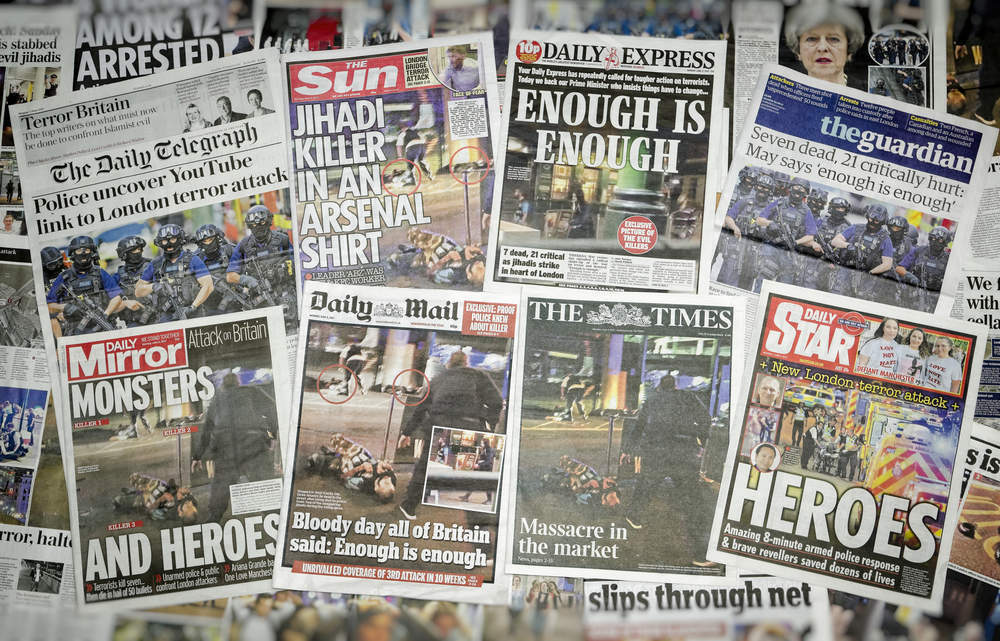
The Guardian is one of the UK’s most popular newspapers but readers of both the physical newspaper and the website were faced with a new look today as the paper looks to make much-needed cost savings in an increasingly irrelevant newspaper industry.
The Guardian has today changed from its well-known, much-loved (and unique) Berliner format to a tabloid.
Welcome to the #NewGuardian: https://t.co/w296BDOTX7 pic.twitter.com/a5ZcMgsVMw
— The Guardian (@guardian) January 15, 2018
For a newspaper that prides itself on high quality news and opinion, this seems like a strange move, but the truth of the matter is that the decision is purely pragmatic.
How well do you really know your competitors?
Access the most comprehensive Company Profiles on the market, powered by GlobalData. Save hours of research. Gain competitive edge.

Thank you!
Your download email will arrive shortly
Not ready to buy yet? Download a free sample
We are confident about the unique quality of our Company Profiles. However, we want you to make the most beneficial decision for your business, so we offer a free sample that you can download by submitting the below form
By GlobalDataThe UK newspaper industry has performed very poorly in recent years and The Guardian is just one of the victims.
MarketLine data shows that the UK newspaper industry declined in value from £4.5bn in 2012 to £3.4bn in 2016.
It is forecast to fall further, to £2.9bn by 2021 – in short, newspapers are becoming irrelevant as younger generations shun the once ubiquitous black-and-white national institution in favour of digital media.
Newspapers like The Guardian do operate websites but they have struggled to make them a great success and attracting younger readers has proven extremely difficult.
The Guardian knows it must do just that and interestingly, the site has also undergone a transformation to a more modern looking tiled system with clearly defined sections (headlines, spotlight, opinion, sport, etc.).
Only time will tell whether this attractive new site will be successful, but the fact is that The Guardian, like many other newspapers, has simply lost pull as people turn to social media and news aggregation sites like Reddit.
These allow readers to quickly access content from a wide range of outlets, something no single newspaper can offer.
Social media allows people to quickly gather snippets and headlines and this is what the newspaper industry is up against. People don’t want detailed analysis, they want the salient points and they want them now.
Printed newspapers just cannot offer that as they are printed daily. In the world of the internet, a lot happens in 24 hours and no revamp will change that fact. Newspapers are becoming irrelevant and publishers need to realise it.
Guardian editor Katharine Viner’s interview with BBC Radio 4 highlighted (albeit inadvertently) just how desperate the situation is.
While speaking about the new look Guardian, Viner said:
The main reason we did it is because it saves millions of pounds to print a tabloid like this. We’re on track to lose less than £25m this year and we intend to break even next year which would be the first time since the 1980s that the paper has broken even.
Viner’s comments suggest that losing less than £25m is, rather worryingly, a credible achievement.
The Guardian has taken action to arrest the slide, but it smacks of too little too late — the publisher has not realised it is fighting a losing battle after 30 years trading at a loss.



